
How to Get Into Big Tech – Insights from Microsoft Engineer Meek Jerop
Introduction: The Dream of Working in Big Tech
Landing a job at a big tech company like Microsoft, Google, AWS, or Meta is a dream for many aspiring engineers. However, breaking into these companies requires more than just a degree—it takes technical mastery, networking, and persistence.
Last Wednesday, we had the privilege of attending an engaging and insightful session with Meek Jerop, a Software Engineer at Microsoft, hosted on Microsoft Teams by Mark Gatere. Meek, who has also worked at Safaricom, shared practical career tips and invaluable industry insights, offering a roadmap for tech enthusiasts looking to break into top tech companies.
From building a strong technical foundation to networking and showcasing your work, Meek provided a roadmap to success. Whether you’re a beginner or an experienced developer, these insights will help you position yourself for opportunities in big tech.
Who is Meek Jerop?

Meek Jerop is a problem solver and software engineer at Microsoft where she creates scalable solutions that affect millions. However, her path into tech was not conventional—beginning in Actuarial Science prior to making a career switch to Computer Science.
She describes himself as a “recreational triathlete”, meaning she is highly disciplined in both fitness and tech. Her routine?
💻 Codes and builds tech solutions
🎓 Mentors aspiring developers
Her passion for technology, mentorship, and problem-solving has helped her thrive in big tech.
Key Takeaways: How to Get Into Big Tech
1. Master the Fundamentals of Programming
The biggest misconception about getting into big tech is that you need a computer science degree. However, Meek made it clear:
💡 It’s not about the degree; it’s about the skills.
To stand out, you need to master the fundamentals of programming:
✅ Data Structures & Algorithms (DSA) – Most tech interviews focus heavily on DSA questions. Use LeetCode, HackerRank, and CodeWars to practice.
✅ Object-Oriented Programming (OOP) – Understand concepts like inheritance, polymorphism, encapsulation, and abstraction. These are core principles in software design.
✅ System Design – Know how to design scalable, real-world applications. Read System Design Interview by Alex Xu to learn more.
✅ Read Documentation – AI tools like ChatGPT are helpful, but reading official docs gives you a deeper understanding of technologies.
🔥 Pro Tip: Microsoft doesn’t care about the programming language you use—what matters is problem-solving!
2. Gain Real-World Experience
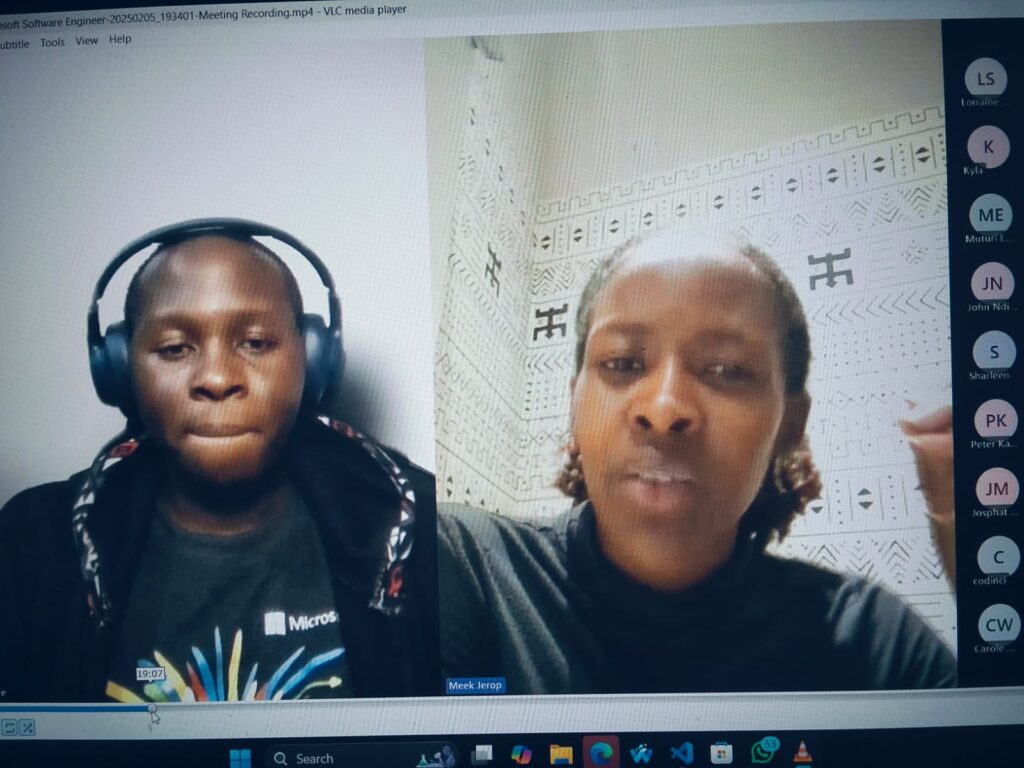
While strong technical skills are essential, experience is what sets you apart. According to Meek, recruiters don’t just want theory—they want practical experience.
🔹 Build personal projects – Have a GitHub portfolio with real-world applications.
🔹 Contribute to open-source – Platforms like GitHub and GitLab allow you to collaborate on big projects.
🔹 Internships & Freelancing – Even if it’s unpaid, the experience will boost your resume.
🔹 Hackathons & Coding Competitions – Participate in events like Google Hash Code, AWS DeepRacer, or local hackathons.
💡 Success Story: One of Meek’s friends started as a Math Teacher, got a scholarship to Moringa School, applied for an internship at Safaricom, and is now a Cloud Engineer at AWS
3. Build Your Online Presence
Recruiters don’t just rely on CVs anymore—they check your online footprint.
🌍 Optimize Your LinkedIn Profile – Keep it updated with your projects, skills, and experiences.
💻 Create a GitHub Portfolio – Have at least 3-5 solid projects showcasing your skills.
✍ Write Blog Posts or Tutorials – Share your knowledge on Medium, Dev.to, Hashnode, or your own blog.
📢 Network Actively – Attend meetups, webinars, and conferences to connect with tech professionals.
4. Preparing for Big Tech Interviews
Interviewing at companies like Microsoft, Google, or AWS requires preparation. Meek broke it down into two main parts:
🔹 Technical Interviews:
- Expect Data Structures & Algorithms (DSA) questions.
- Learn System Design for high-level architecture discussions.
- Be comfortable with Object-Oriented Programming (OOP) principles.
🔹 Behavioral Interviews:
- Learn how to explain your thought process clearly.
- Use the STAR method (Situation, Task, Action, Result) for structured answers.
🔥 Pro Tip: Keep your CV one page long—recruiters rarely read past the first page. Focus on your strongest skills and achievements.
5. Persistence is the Key to Success
One of the biggest takeaways from Meek’s session was that success doesn’t happen overnight.
🎯 Keep applying even if you get rejected.
🎯 Improve your skills daily.
🎯 Stay updated with tech trends.
🎯 Be part of the tech community.
💡 “Passion and problem-solving matter more than degrees or connections!”
Final Thoughts: Your Path to Big Tech Starts Today
The session with Meek Jerop was eye-opening. She proved that getting into big tech is achievable for anyone—as long as you have:
🔥 Strong technical skills
🔥 Real-world experience
🔥 A solid online presence
🔥 Persistence and determination
🚀 Your journey starts now!
What’s Next? Let’s Talk!
Are you preparing to apply for Microsoft, Google, or AWS? What challenges are you facing? Let’s discuss in the comments! 👇
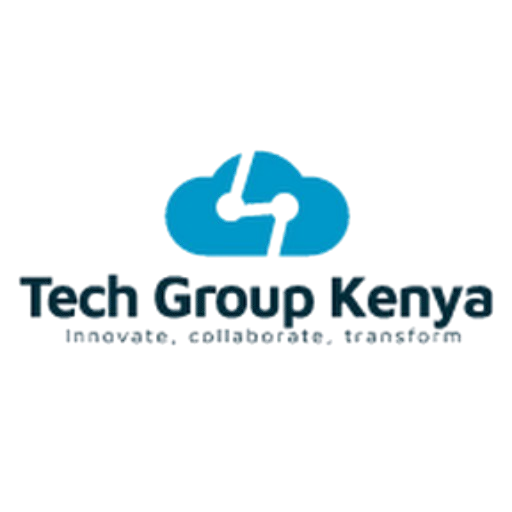
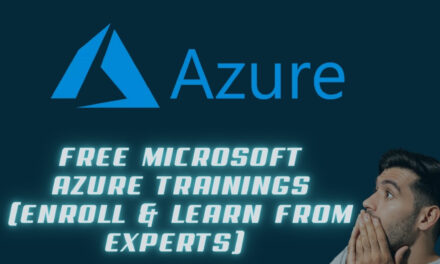
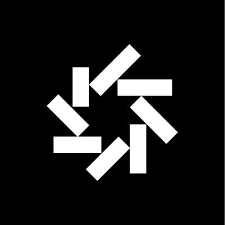
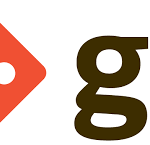


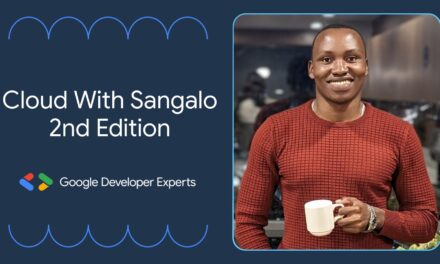



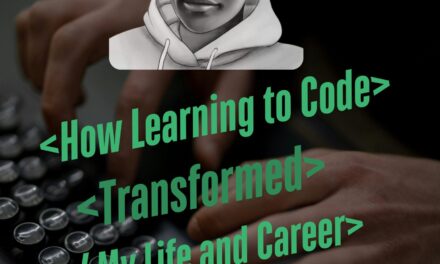
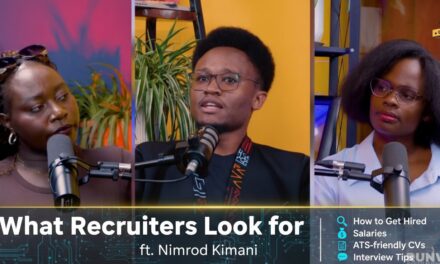
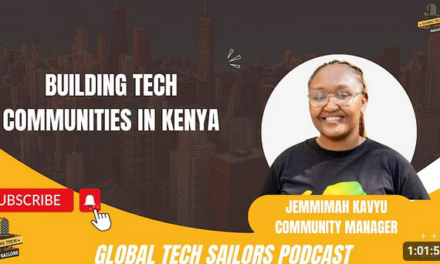
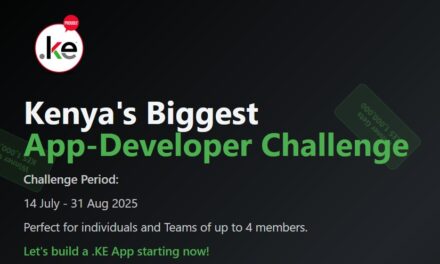
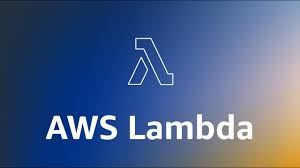









Spot on with this write-up, I honestly feel this site needs a lot more attention. I’ll
probably be returning to read through more, thanks for the advice!
I found peace, fun, and sophistication all in one place.